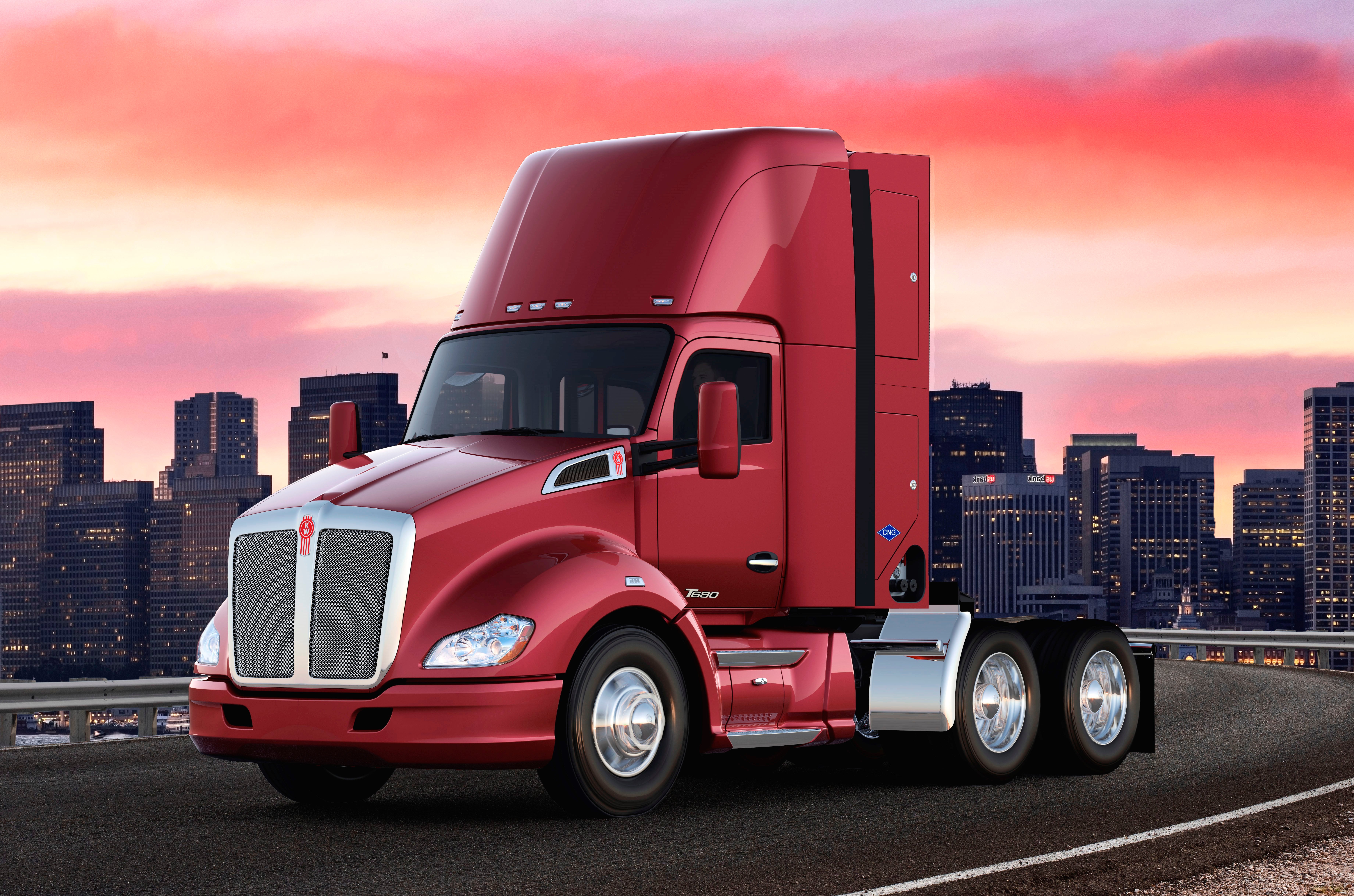Amid a sustained slump in sales for natural gas vehicles, a new study highlights significant challenges for these vehicles to deliver on their modest potential of climate emission reductions; the ultimate climate impact of these vehicles rests on the actions and practices of the upstream supply chain, or well-to-pump suppliers.
The central climate-related challenge of natural gas vehicles is unburned methane leaked from the natural gas supply chain, fueling stations, and vehicles. Methane is a powerful greenhouse gas known to be 84 times more potent than carbon in its first 20 years within the atmosphere. A 2015 study in Environmental Science & Technology found commercial fleets converting from diesel to natural gas could lead to greater global warming over the next 50 to 90 years before providing benefits to the climate.
Heavy Truck Emissions Outpace Fuel Stations
The new study, Future Methane Emissions from the Heavy-Duty Natural Gas Transportation Sector for Stasis, High, Medium, and Low Scenarios in 2035, expands the research conducted around methane emissions from commercial fleet vehicles and refueling stations. Led by researchers at West Virginia University, the study used data from the first study published in January to evaluate emissions and explore ways to reduce emissions from the pump-to-wheels portion of the natural gas supply chain with best management practices. Read More










